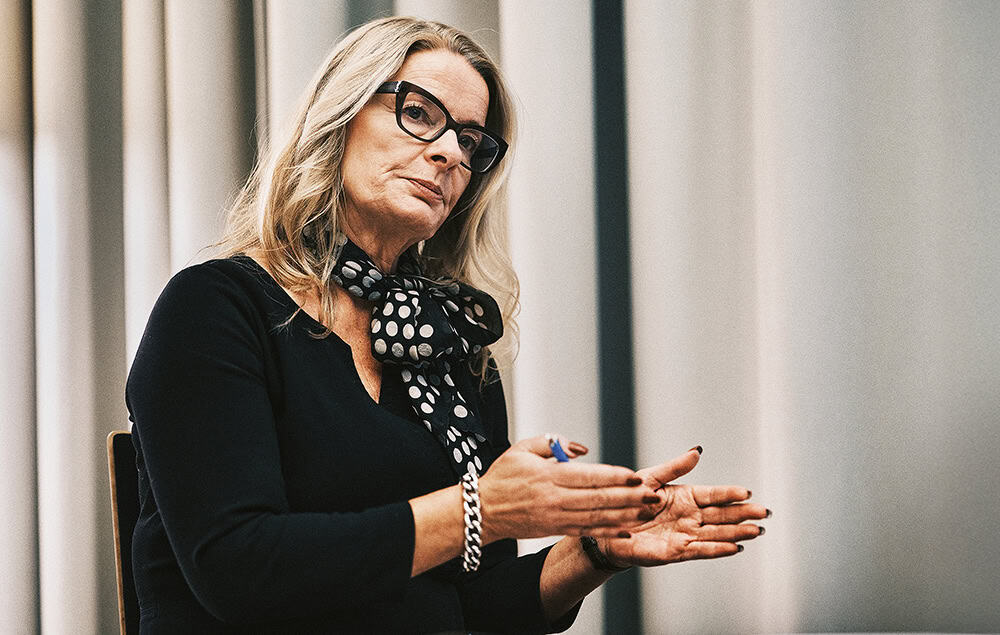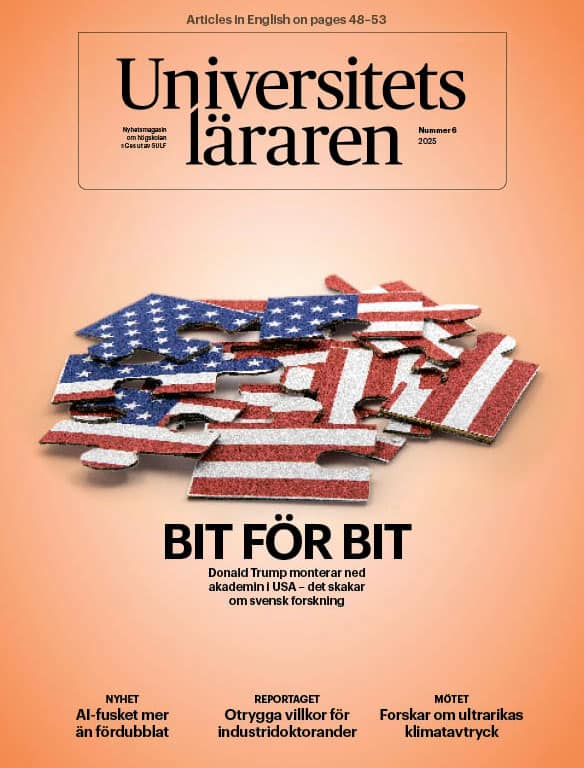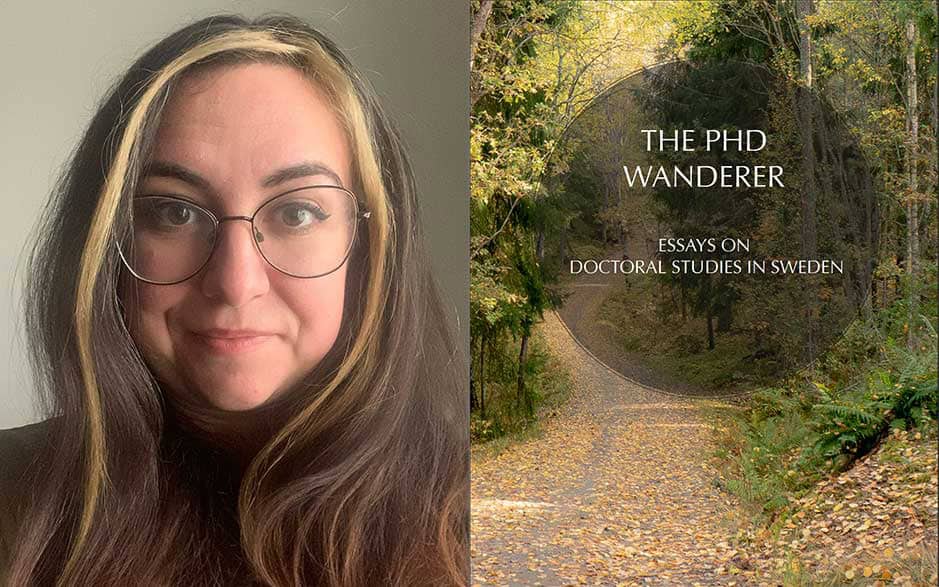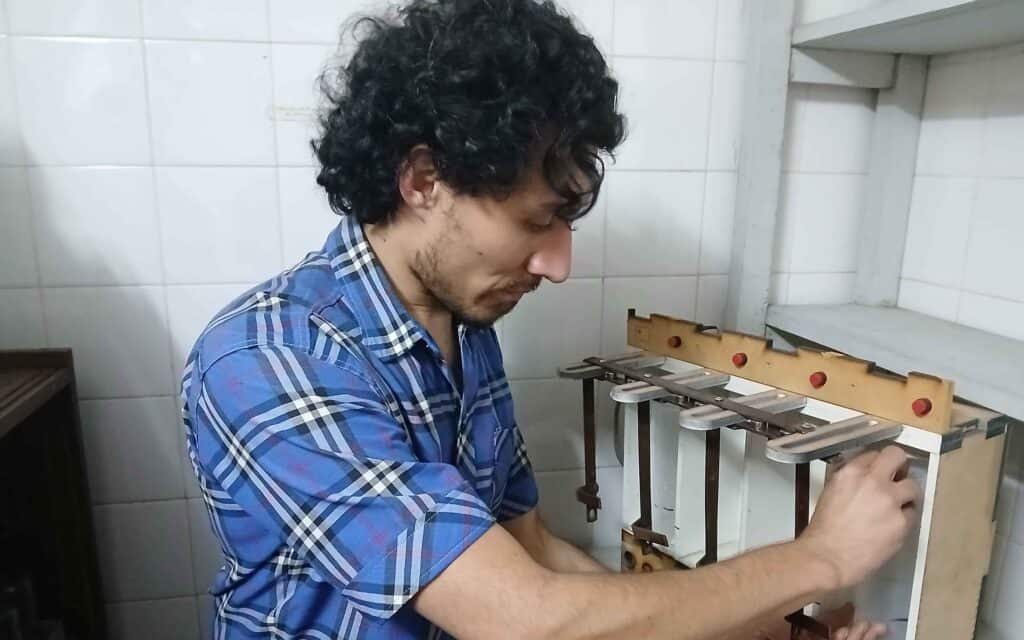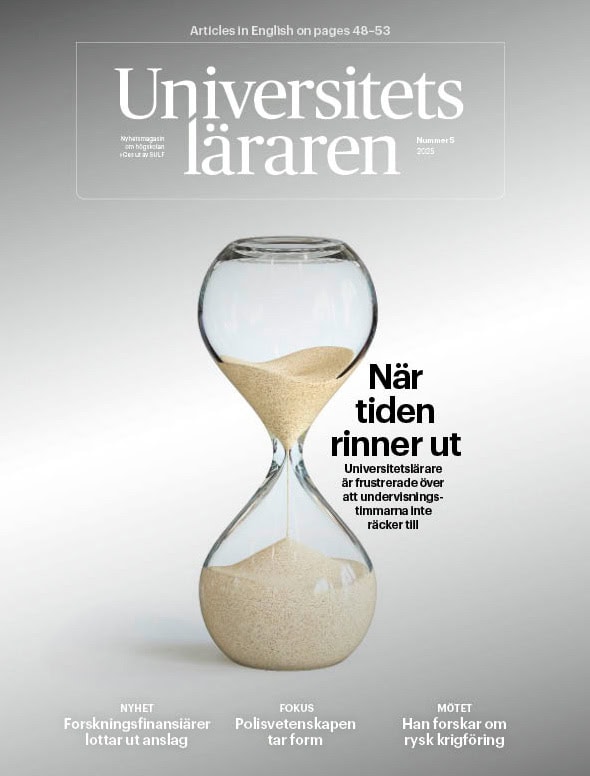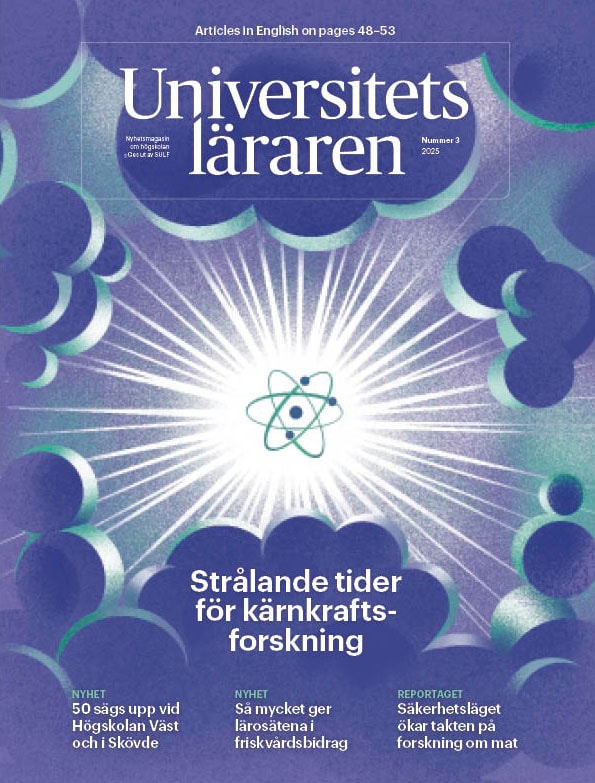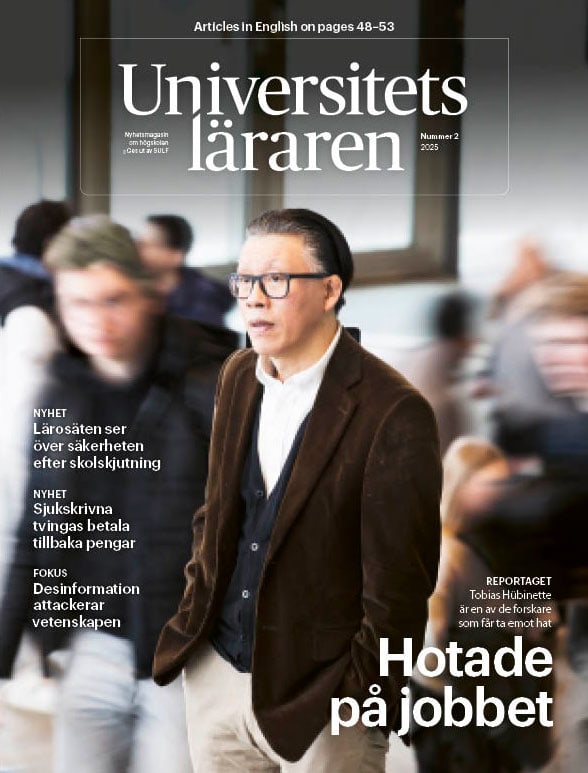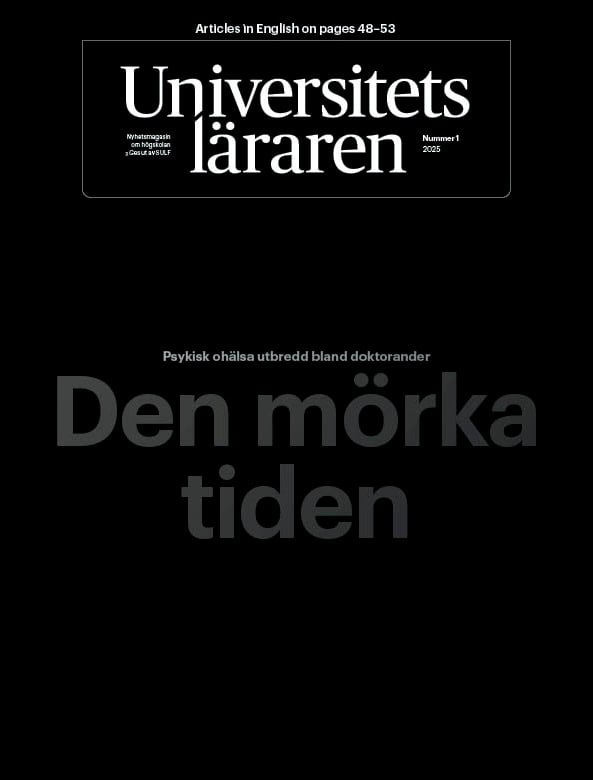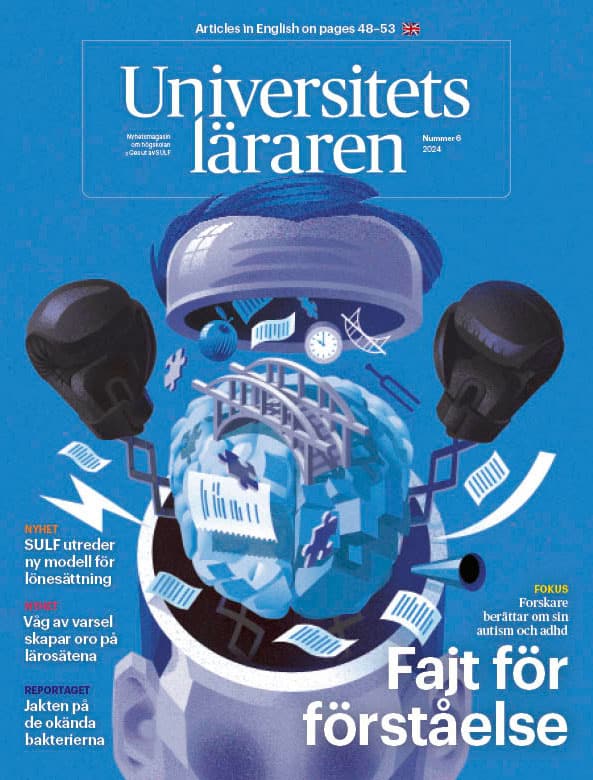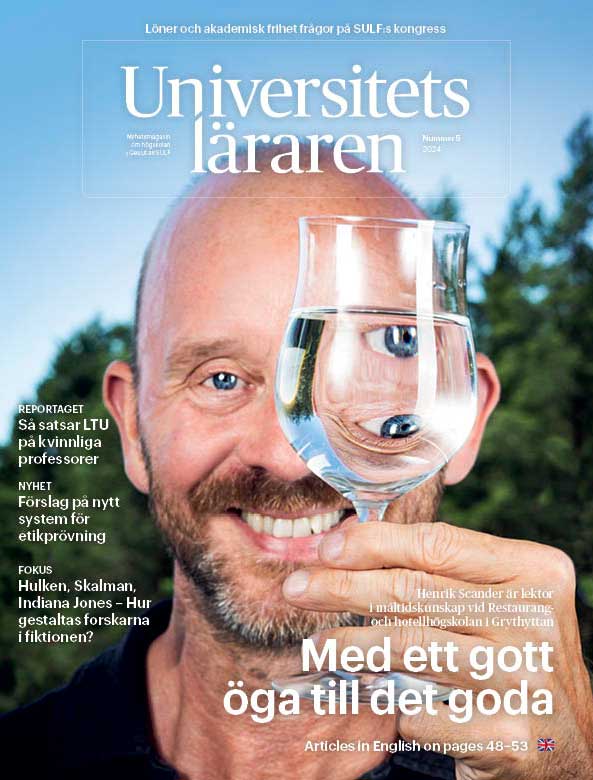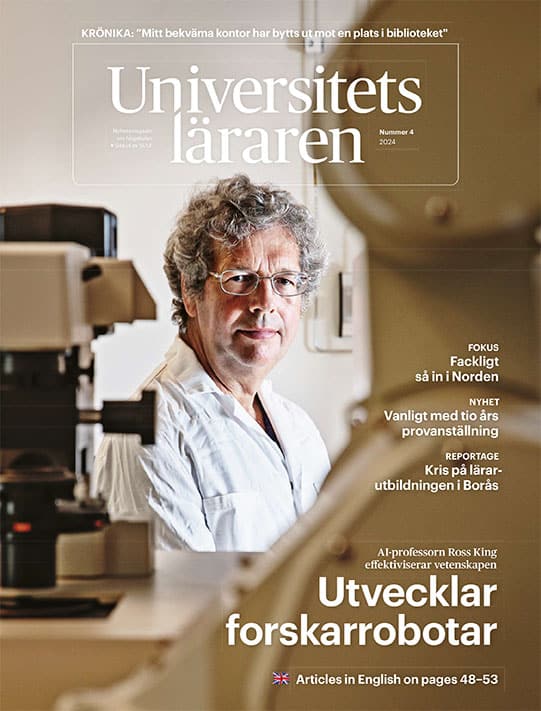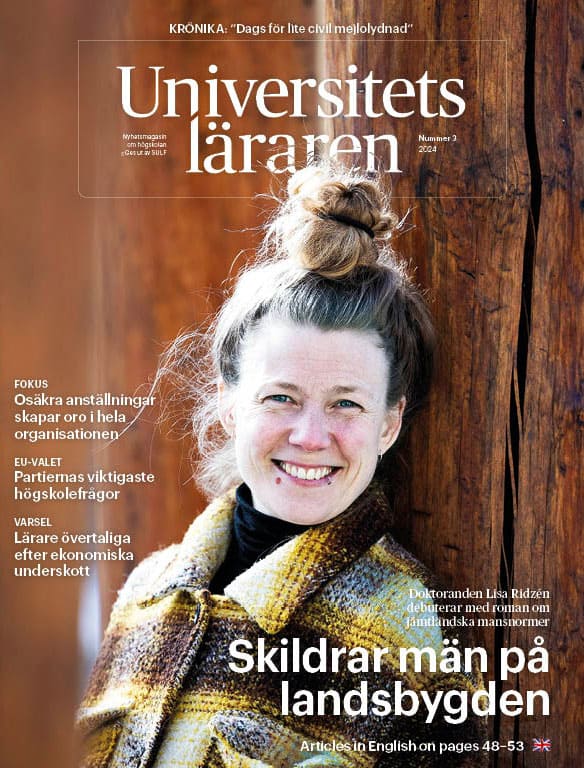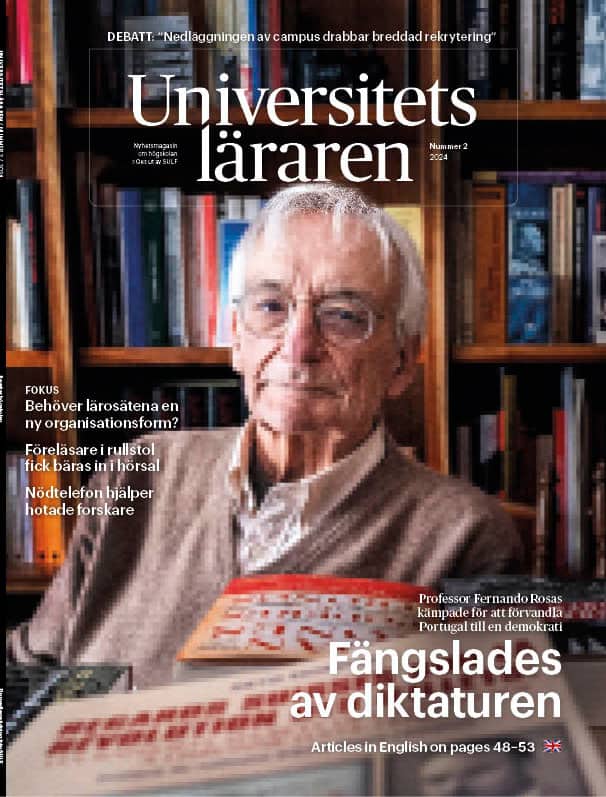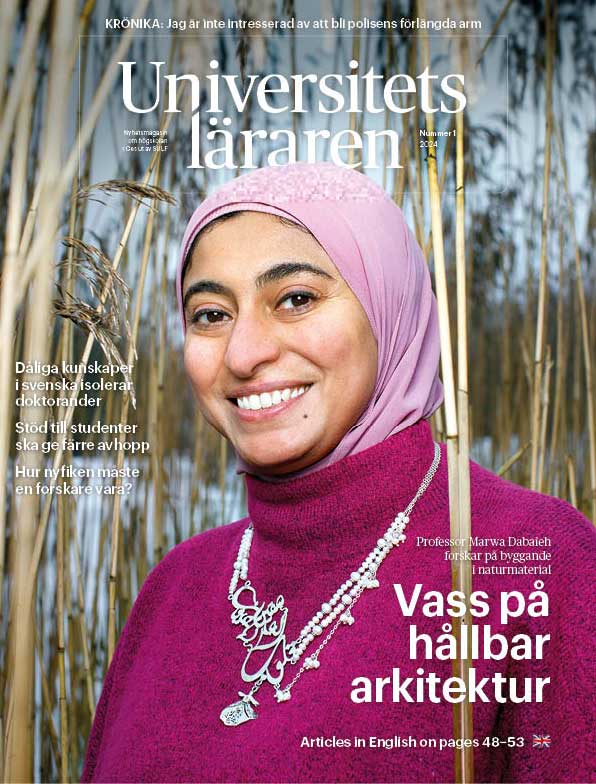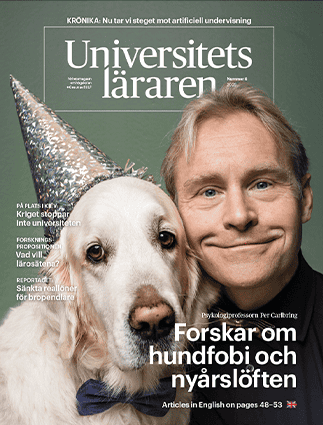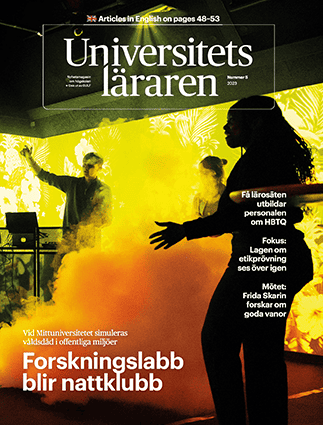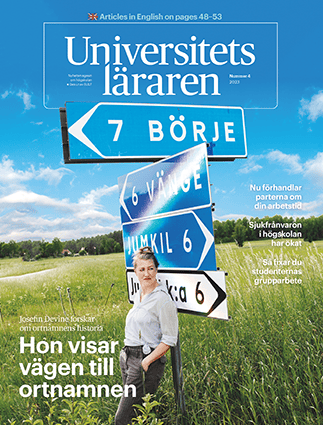There is widespread agreement that academia has a publishing problem. After decades of large commercial publishers like Springer Nature and Elsevier extracting higher profits than the major tech companies while simultaneously keeping publicly financed research behind expensive paywalls, in recent years universities and funders have attempted to renegotiate publishing agreements to ensure that the research they finance is openly accessible.
This is most clearly seen in Plan S, an initiative launched by a coalition of research funders mandating that all research they finance ‘must be published in compliant Open Access journals or platforms’—often earmarking funding within grants specifically to pay journals to ‘unlock’ articles.

While formerly paywalled research articles becoming available to the global public (who already paid for them) is certainly a welcome development, the current strategy of achieving so-called ‘Open Access’ by buying off the commercial publishers at best fails to address the underlying problem and at worst represents a capitulation to the creation of a captive market by the publishers.
In particular, it does nothing to change the fact that the huge profits achieved by the commercial publishers is coming at the expense of publicly funded university budgets—representing a massive drain on limited resources that should be used for research and education.

And, ultimately, it simply serves to reproduce the ‘triple pay’ system enjoyed by the commercial publishers, where the public pays for the research, academic departments for the quality check (peer review), while the publishers themselves cash in on the opportunity to charge monopoly prices.
In other words, the commercial publisher-friendly version of Open Access simply shifts the point in the process where the publishers extract massive profits—readers used to pay for a product but now it is authors, and by extension universities, who are paying.

The practical outcome of this can be seen by simply looking at what publishing agreements mean for university budgets. Taking Lund University as an example, in 2021 the University paid out more than 90 million SEK, or approximately 8.6 million USD, on subscriptions, ‘transformative agreements’, and Open Access fees with the commercial publishers.
It does not take much imagination to envision the kinds of ground breaking research and pedagogy that could be supported with these resources. If we look at the situation from a macro-perspective it becomes even more dire. Lund University’s 90 million SEK is just one part of a Swedish national consortium deal, in which the publishers were paid the astronomical sum of 771 million SEK, or more than 68 million USD, in 2021.
If we broaden our focus yet again to the European or even global scale, the amounts become inconceivable and the drain on public resources is impossible to ignore.
This situation is problematic not only because it is a wasteful appropriation of public money that directly reduces resources for research and teaching at our universities, but also because the publishers are acting in unethical ways. Two examples among many stand out.
First, there is the issue of publisher censorship on behalf of authoritarian regimes. In 2017 a scandal erupted when it was discovered that Cambridge University Press had been blocking access to politically sensitive articles in the flagship China Studies journal The China Quarterly at the behest of the Chinese state censors. After an uproar from academics and pushback from the Journal’s editor, Cambridge University Press reversed course and reinstated the articles.
Less than a month later it was revealed that Springer Nature has been doing the same thing, but on an even larger scale. However, unlike Cambridge University Press, when confronted and asked to reverse course Springer Nature refused, arguing that it was more important for ‘the advancement of research’ that they retain the ability to distribute content in China. There have since been other incidents where Springer Nature has worked with the Chinese censors to block content in China and they continue to refuse to back down when challenged.
Second, it has recently come to light that Elsevier, through the LexisNexis database, has been supplying large amounts of data to the US Immigration and Customs Enforcement, ICE. LexisNexis’s tool ‘Accurint’ collects data on location, family, work history, as well as other information about individuals, which is then sold as ‘investigative intelligence’ for law enforcement.
Internal documents reveal that this tool has become a ‘valuable resource’ that should be ‘widely utilized’ by ICE officers in their mission of hunting down and terrorising undocumented immigrants.
Elsevier’s full embrace of surveillance capitalism is not surprising considering that they now identify as an ‘information analytics business’ rather than an academic publisher. The question that those of us in academia need to be asking ourselves is if the values associated with political censorship at the behest of authoritarian regimes and big data collection to enforce draconian immigration policies that separate children from parents are the types of values that we should be directly supporting monetarily.
We need to seriously reflect on what kind of complicities arise from these arrangements and if we are contravening basic ethical imperatives by funnelling public money to these corporations.
While these publishers-cum-data brokers co-opt the language of Open Access and continue to pad their profits from university budgets, truly non-profit-oriented and ethical Open Access projects initiated by researchers with the aim of bypassing this exploitative system face a very difficult financing situation.
While there are sometimes welcome calls both internally within universities and from external funders for grants to support Open Access publications, they are generally limited and the vast majority target the establishment of new journals or platforms. As such, many established Open Access initiatives find themselves piecing together funding for shoestring budgets to keep the lights on, unable to plan for longer than a year or less ahead.
Unsurprisingly, many ethical, non-profit Open Access projects are heavily reliant on the voluntary labour of those who established them—often labours of love, but substantial labour nonetheless.
As editors of the Open Access journals the Made in China Journal and Global China Pulse, and the open platform The People’s Map of Global China, we can illustrate this practically from our own experience.
The Made in China Journal was established in 2016 and has become a widely read publication in the China Studies field. Global China Pulse is a newly established journal and one of the first publications dedicated to analysis of China’s rapid globalisation. It is linked to the People’s Map of Global China, which is an open research infrastructure platform aiming to crowdsource local experiences with Chinese investments around the world.
Thus far our projects have been financed by small amounts of funding from our institutions—The Australian National University, Lund University, and the London School of Economics and Political Science—with some additional resources coming from external funders. While this support has thus far allowed us to pay for the necessities—proofreading, design, the website and hosting, etcetera—it has always been on a year-by-year or ad hoc basis, making it impossible to formulate concrete, long-term plans to scale-up and improve the projects.
At the same time, since funding for the next year is always in doubt and subject to institutional budgets, we are forced to continually apply for grants in the hopes of having more breathing room and to mitigate the damage in the worst case scenario that institutional funding dries up. Over the past year alone we have collectively applied for more than ten grants specifically for these projects with very limited success—an additional labour load on top of the large amount of voluntary labour we pour into the projects to keep them running.
While Plan S and other policy requirements for Open Access at first seemed like they might have a transformative impact on the vital relationship academics have with the large commercial publishers that report to shareholders—not authors—the present picture shows these commercial publishers have been able to move effectively into the Open Access space. They have successfully perpetuated the myth that expensive commercial platforms and other publishing services are needed to ensure scholarly impact.
Journals like the ones we edit and produce challenge this myth by prefiguring a system of scholarly communication that responds to a non-commercial logic. Public universities and libraries are key allies in transitioning Open Access to a more ethical model in line with the principles of a public academic sector.
There have been many calls from those involved in the ethical, non-profit Open Access movement—such as the Action Plan for Diamond Open Access—for higher education institutions, governments, and libraries to act in concert and reconsider the systemic implications of publishing agreements that disproportionately benefit commercial publishers.
Instead, our public institutions should seek to diversify the recipients of public funding earmarked for Open Access publishing, with the ultimate goal to divest from wastefully expensive publishing agreements with publishers engaging in unethical behaviour.
While decentralised initiatives such as Quartz OA and Libraria promise to unlock crowdsourcing tools to alleviate financial hardships for non-commercial Open Access journals, a wider discussion still needs to take place across the higher education sector and—one could add—society at large, about how best to remove the economic, legal, and technological barriers to accessing research findings.
Ultimately, this is a question of ownership: who owns the research we collectively produce and who, if anyone, should be able to profit from it? In the meantime, at a bare minimum universities, research funders, and national consortiums should set aside substantial funding to support the ethical, non-profit Open Access ecosystem. In practical terms, this means earmarking funding for already established non-profit Open Access publications and providing incentives, resources, and support to allow editorial boards to ‘flip’ journals currently being published through agreements with commercial publishers to ethical Open Access models.
The good news is that our universities are filled with academics, librarians, tech workers, and many others who already participate enthusiastically in the ethical Open Access movement. We just need to give them the resources and time to allow their projects to flourish.
Nicholas Loubere, associate professor, Centre for East and South-East Asian Studies, Lund University
Ivan Franceschini, postdoctoral fellow, Crawford School of Public Policy, The Australian National University
Andrea E. Pia, assistant professor, Department of Anthropology, The London School of Economics and Political Science
